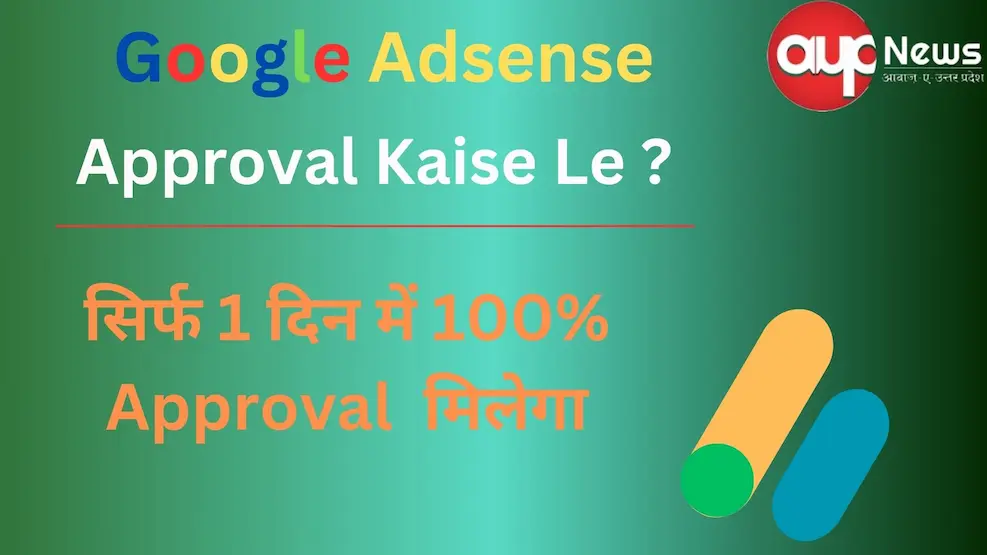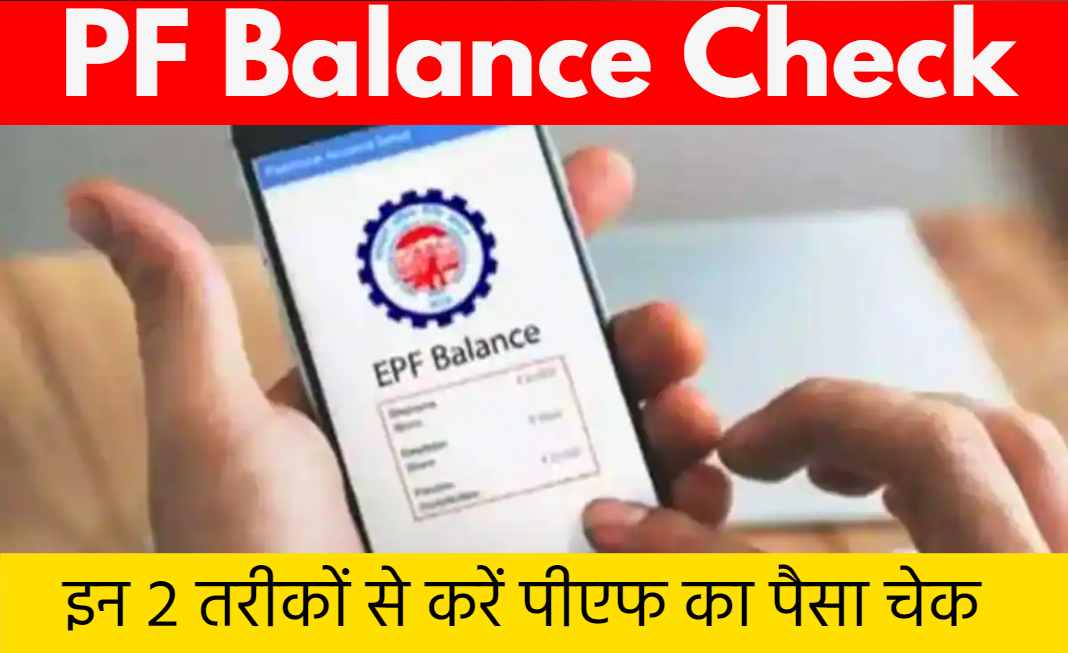With the central government moving to scrap the Public Gambling Act, 1867, states will need to find their own ways to regulate all forms of gambling, including online betting. Given that the Public Gambling Act is woefully outdated, it is a good thing to finally update the legal landscape of gambling in India.
But should states go the way of Maharashtra and prevent gambling entirely? Or regulate gambling like Sikkim, Daman, and Goa have done?
Uttar Pradesh seems to follow in Maharashtra’s footsteps as legislators are looking into options on how to best check online gambling. The Public Gaming Act only mandates a fine of INR 1,000 and one year in prison for illegal gambling. And there are no special provisions for online gambling.
With very few legal casinos in the states, most gambling in India takes place either online or underground. There are many betting sites in India that specifically cater to Indian customers. These bookmakers and online casinos are incredibly popular, offering IPL betting, live Andar Bahar or Teen Patti, and fun slot games.
All of these betting sites are offshore betting sites. There is no law prohibiting these sites to offer their services to Indian customers and no customer from India has ever been penalized for using such gambling offers.
Many offshore bookmakers and online casinos are safe and regulated by various gambling jurisdictions in other countries such as the UK, Malta, Curacao, or even the Philippines. None of these betting sites are regulated in India.
The Indian government has been reluctant to enact proper gambling laws, often leaving it to the states. But whether there are overarching gambling laws for the whole country or whether each state makes its own laws, the fact remains that it is high time for online gambling to be properly regulated in India.
There are far more advantages to this than disadvantages. Regulating online betting instead of prohibiting it means that India or the states get to make the rules of how gambling should work and what is allowed. Gambling licenses for various types of betting can be given to applicants provided they follow all the necessary regulations. Those licenses will be charged with an initial fee and when a betting site offers its services in India, the resulting revenue can be taxed at a specified rate.
This means a lot of tax revenue and licensing fees for Indian coffers.
Provisions can be made to address problem gambling behavior and betting operators can be held accountable.
Far more countries have opted to regulate than prohibit online gambling. The additional revenue is almost always used to benefit the general population, providing funds for education, infrastructure, or public projects.
Online betting sites are here to stay and people in India like to gamble just as much as everyone anywhere else. Prohibiting online gambling will not change that. But regulating online gambling could secure a steady source of tax income and prevent all the harm that illegal gambling brings.












